Eclipse Soundscapes: Citizen Science Project
The Eclipse Soundscapes: Citizen Science Project (ES:CSP), is a project sponsored by the NASA Science Mission Directorate’s SciAct Program to engage NASA subject matter experts (SMEs) with citizen scientists to explore how U.S. ecosystems are impacted by solar eclipses, such as those upcoming in 2023 and 2024. The project will promote inclusive and accessible learning, with a special focus on people who are blind or low vision (BLV).
The project was inspired by anecdotal accounts, including an early citizen science initiative from 1935, that suggest animal behavior may change during a total solar eclipse. The newest Eclipse Soundscapes project will introduce accessible opportunities for citizen scientists to participate in eclipse research. Through a series of workshops led by NASA SMEs, citizen scientists will collect audio recordings from eclipses and analyze acoustic data to determine how disruptions in light and circadian rhythms may affect ecosystems. The data will include soundscapes recorded by the National Park Service and Brigham Young University during the 2017 total solar eclipse, as well as recordings from the upcoming 2023 annular eclipse and 2024 total solar eclipse.
All workshops, materials, and learning interfaces will be designed to the highest degree of accessibility, with an emphasis on physical, social, and cognitive inclusion.
The mission to make science accessible to everyone will be supported through a number of partnerships. An advisory board of bio-acoustic scientists will help guide ARISA in the analysis and interpretation of the soundscapes data. The board consists of Dr. Megan McKenna of Stanford University’s Goldbogen Lab, Dr. Bryan C. Pijanowski of Purdue University’s Center for Global Soundscapes, Dr. Laurel Symes of The Cornell Lab of Ornithology’s Center for Conservation Bioacoustics, Dr. Angela Des Jardins, Director of the Montana Space Grant Consortium, Dr. Mark Cheung, Science and Deputy Director, Space & Astronomy, CSIRO, and Dr. Jack Ireland of NASA’s Goddard Space Flight Center. The National Federation of the Blind, the GBH National Center for Accessible Media, and BLV Consultant Lindsay Yazzolino will provide external evaluations and accessibility consulting. Regine Gilbert and her students in the Integrated Digital Media Program at New York University Tandon School of Engineering will design, implement, and test ES:CSP web interfaces.
The ultimate goal of the project is not only to cultivate a fun and educational experience surrounding the exciting natural phenomenon of an eclipse, but to develop an inclusive framework for improved accessibility and engagement in Science, Technology, Engineering, Arts, and Math (STEAM).

